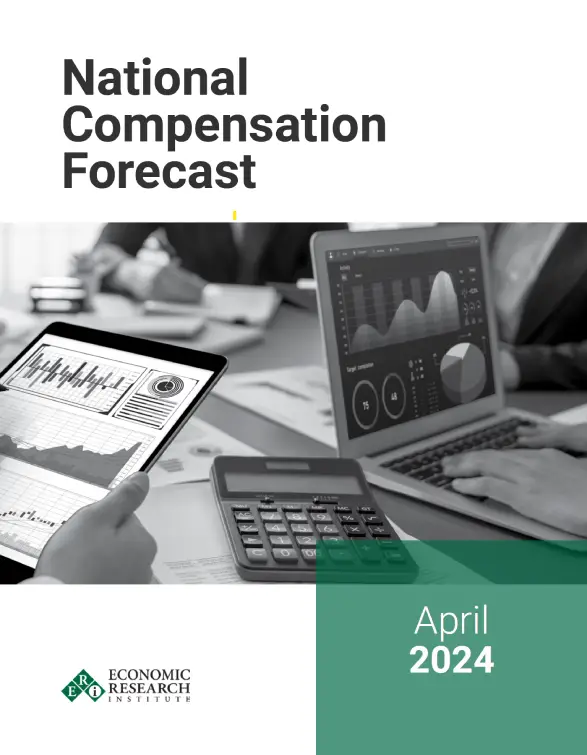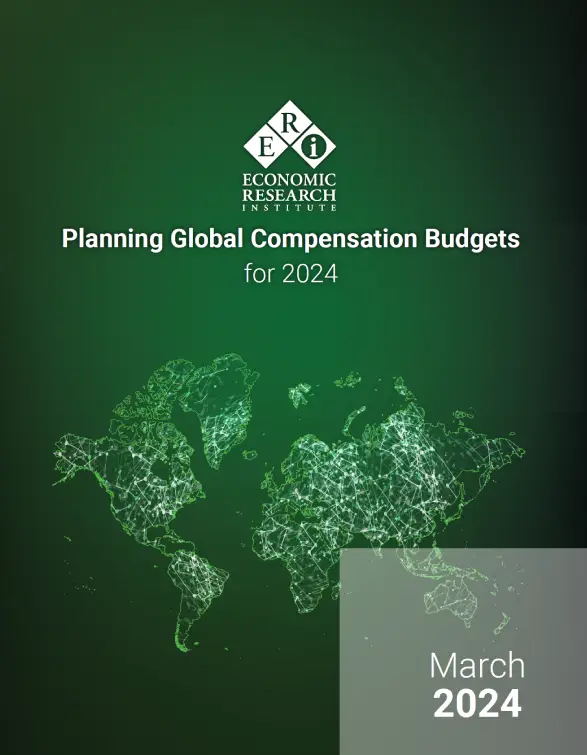Aligning executive pay to performance seems to be at the forefront for boards, shareholders, and legislators. The UK has been ahead of the curve when it comes to regulating executive compensation practices. As early as 1999, they were considering a non-binding Say-On-Pay vote for executive compensation. However, it didn’t become enacted until 2002 when the Directors’ Remuneration Report was introduced, which required companies to submit a remuneration report to a non-binding shareholder vote at each annual general meeting. Subsequently, UK made amendments to regulate executive contract renewals as well as loss of office (i.e. golden parachute, severances, etc.), and other countries, like the Netherlands and Australia, introduced similar legislation.
Recently, on June 20, 2012, there was an unprecedented proposed legislation in the UK to give the shareholders a “binding” vote for the CEO compensation recommendation. The main provisions of the proposal follow:
- Publicly listed companies will need to gain approval of shareholders to award compensation packages to directors in an annual vote, which may be effective as early as 2013.
- The vote can be limited to once every three years as long as no changes are made to the compensation arrangements.
- A binding vote will cover the level of exit payments (severances).
- To improve transparency, companies will be required to disclose a single remuneration figure with a chart comparing the pay recommendation and company performance for each executive.
Let’s take a look at some of the recent events that may have triggered this proposal:
- Public sentiment regarding the misalignment of the pay recommendation with share performance and pay practices (i.e. freezing or reducing pay of employees while increasing executive pay).
- The slow economic turnaround in most countries coupled with lack of investor confidence in the markets.
- Shareholders (especially insurers and large pension funds) are more actively participating in the Say-on-Pay process reviewing the executive pay recommendation.
- Continued pay for failure practices resulting in excessive exit packages awarded to executives.
- Highly publicized “No” votes at WPP, Aviva Astra Zeneca, and Trinity Mirror.
- Shareholder advisory groups, like Institutional Shareholder Services, continue to raise concerns about remuneration practices.
Depending on the outcome of this proposal, other countries may follow suit in proposing similar changes.
For more UK executive compensation data, visit www.erieri.com.



